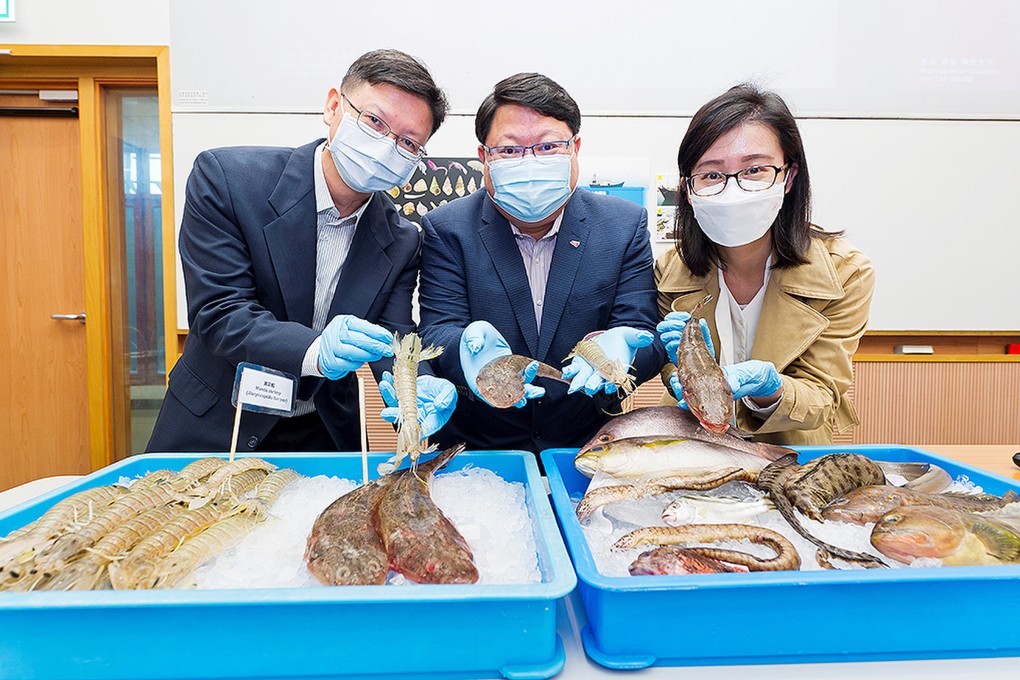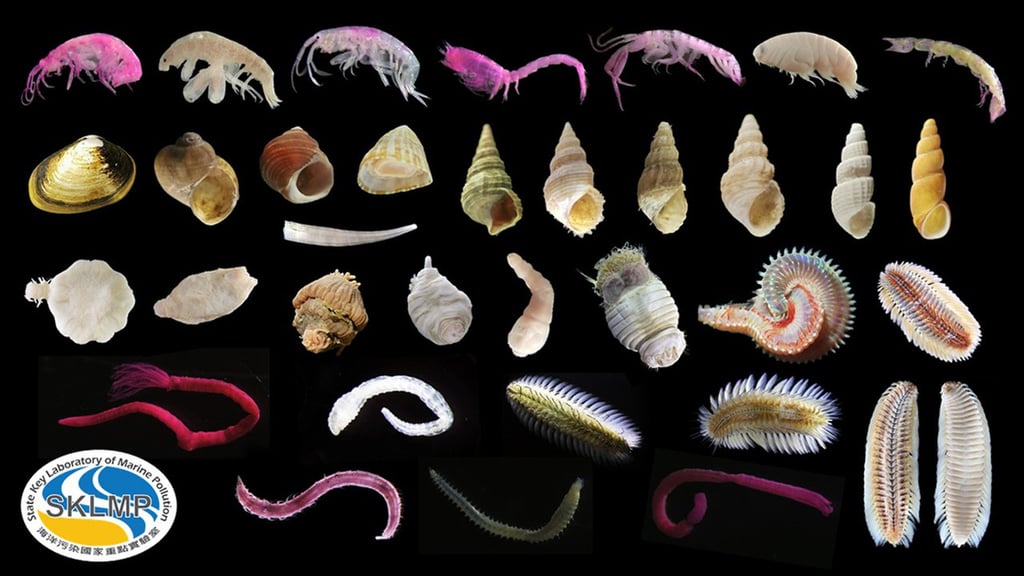Bigger shrimp and more shellfish in parts of Hong Kong waters after trawling was banned, study finds
- Marine life increased within two years after government halted environmentally damaging practice at end of 2012, City University team says
- But stocks of fish, crustaceans and molluscs in southeast and southwest waters failed to recover, they note

Mantis shrimp grew bigger and seabed organisms such as shellfish became more numerous in part of Hong Kong’s waters just two years after ocean trawling was banned, a university study has found.
But the government could better protect marine biodiversity by increasing regulation of the fishing industry, including limiting the size of fish that could be caught, said lead researcher Professor Kenneth Leung Mei-yee, director of the State Key Laboratory of Marine Pollution at City University on Thursday.
Among the four species of mantis shrimp found in Hong Kong, one type had increased 88 per cent in weight, according to Leung.
“Our findings show support for the trawl ban and the effect is very significant,” Leung said. “One of the more interesting findings showed that mantis shrimp in Hong Kong’s western waters have grown bigger. As they make their burrows in the seabed, the ban on trawling means they can live and grow in peace.”

Fishing trawlers attach large nets to metal chains or cables and drag them behind the boat, or sometimes many vessels, sweeping up all marine wildlife whether it is economically useful or not. The method repeatedly damages the sea floor, as the nets dredge up sediment and the nutrients creatures need to survive, according to Leung.